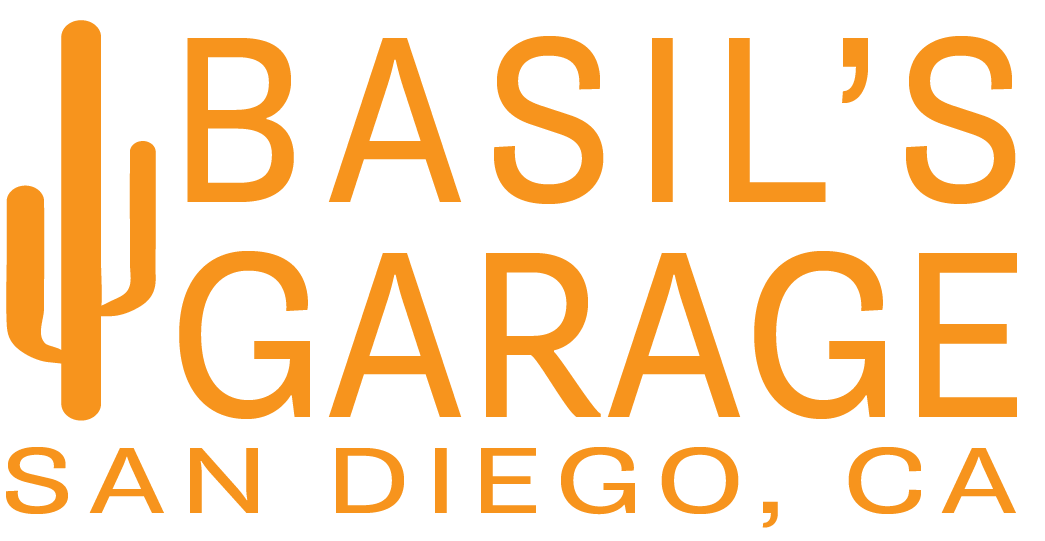How to Replace a Dyson V11 Battery
There are other benefits as well.
Asking questions over and over creates opportunities to move between sectors.For example, if a firm that knew almost nothing about water infrastructure was asked to build a wastewater treatment plant, their success – the project’s success – would be a matter of abstracting processes, thinking systematically and schematically, and asking questions – not accepting the status quo.

The client might say that they would have to dig a large hole in the ground.When asked why, the client might typically respond, ‘When working with water you always do that’.The answer would likely again be, ‘Well, because that’s what the book says’.

repeatedly moves the conversation and enables both parties to imagine other scenarios; not burying the facility underground and instead building it above ground, for instance.This persistent question-asking can unlock the project, opening it up to a previously unthought of solution.

Stripping away previous knowledge, questioning potentially inefficient systems and modalities, is what is needed to allow these kinds of conversations to take place..
This is the challenge to traditional design processes, which can be quite turgid and passive: a brief is stated and a firm contends with whether they can deliver the predefined needs of the client.The combination of process intensification, modularity and automation could transform the industrialisation, commercialisation, sustainability of, and access to, small molecule medicines..
The potential benefits of deploying these platforms are huge.Modelling deployment over a 10-year period demonstrates the opportunity of billions in improved cashflow from the reduction in capital wastage and the delivery of products more quickly to market.
Developing more secure supply chains which can respond with agility to disruption.At a manufacturing level they can deliver more reliable quality with lower complexity and cost, while driving operations significantly closer to net-zero….
